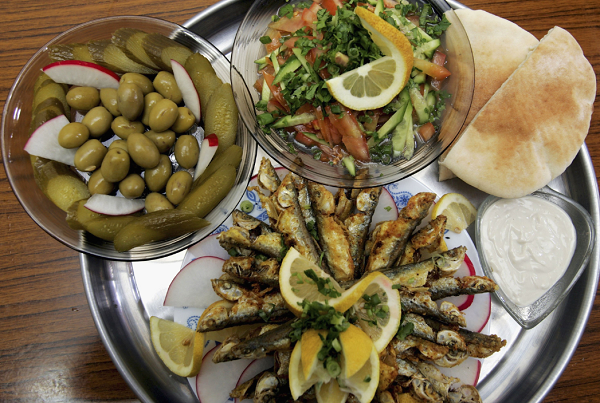Stress vs. Healthy Dieting Study: Mediterranean Eating Habits Won't Reduce Inflammation In Stressed Out Women

Healthy dieting won’t reduce inflammation when you’re stressed out or depressed, according to a new study. A research team from Ohio State University’s Institute for Behavioral Medicine and Research tested 58 healthy women and found that no matter if they eat a healthy Mediterranean-like breakfast or a typical Western breakfast, if they were under stress their inflammation levels still spiked.
https://t.co/R0qUF8e141 Stress can Erase the Benefits of Healthy Diet, Study Finds - I4U News https://t.co/KCtl6qXDGC
— Feel Healthy Today 🌐 (@FeelHealthy2Day) September 21, 2016
Inflammation, the body’s natural immune response, usually occurs when the body tries to heal itself from a cut or a wound. Symptoms may include redness or swelling. Chronic inflammation, however, is a much more serious effect of wear and tear within the body over time that can lead to an array of health-related problems.
The study, published in Molecular Psychiatry Tuesday, was intended to determine the link between women suffering from stress and depression to inflammation– which can lead to heart disease, metabolic dysfunctions, diabetes and brain disorders –and how consuming healthy fats affected inflammation compared to saturated fats in women dealing with stress.
However, after giving some women a breakfast high in saturated fats and others a breakfast loaded with unsaturated fats, researchers learned that women facing real stress the day before – whether it be work related, balancing home life, managing kids and/or husbands – still didn’t show lower inflammation levels even if they ate the healthier breakfast. On the flip side, eating the highly saturated breakfast didn’t make inflammation levels go up any higher in women with prior-day stress than what they were already experiencing beforehand.
Although healthy dietary habits may not necessarily decrease levels of inflammation in a woman experiencing stressful situations, Janice Kiecolt-Glaser, lead author of the study, noted the importance of finding ways to managing stress while maintaining a healthy diet, which could potentially be the best way to combat inflammation.
Other studies have shown that maintaining a Mediterranean diet – which is heavy with fruits, vegetables, grains, low-fat dairy products, legumes and fish – can significantly reduce a person’s chances of suffering from cardiovascular disease, heart attacks and strokes. Some researchers have even suggested that Mediterranean eating habits can lead to a longer life.
© Copyright IBTimes 2024. All rights reserved.






















